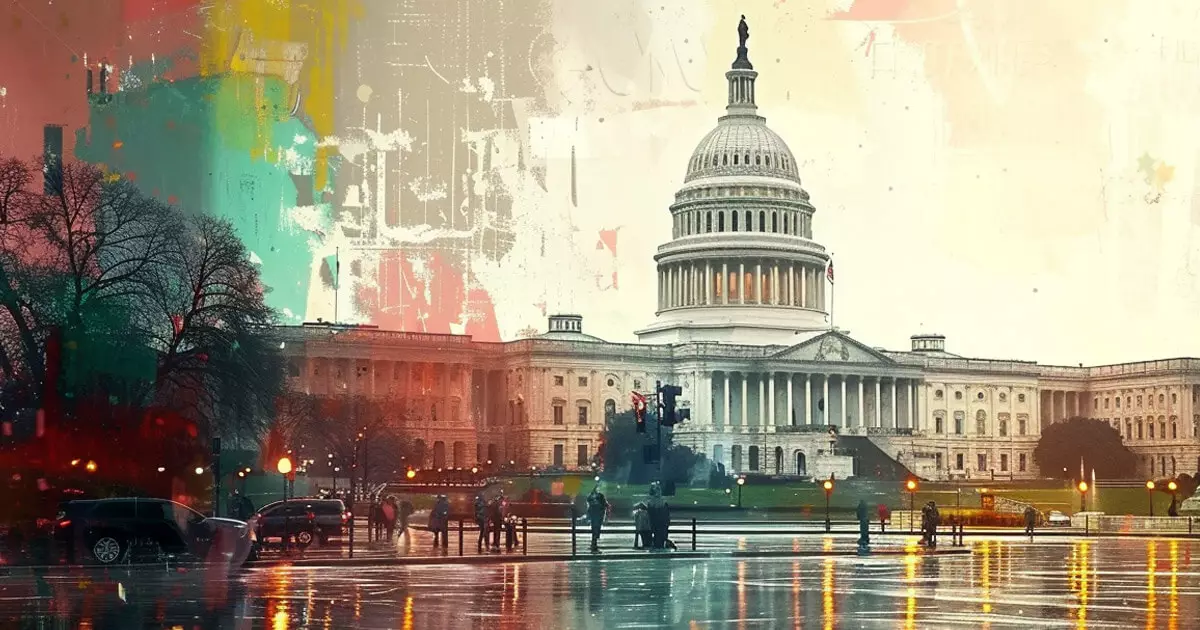The United States House of Representatives recently passed the Financial Technology Protection Act with unanimous support. The bill, introduced by Representative Zach Nunn on April 27, 2023, and approved on July 22, 2024, is aimed at curbing the use of digital platforms for illicit activities and terrorism financing.
One of the key components of the Financial Technology Protection Act is the establishment of a governmental working group. This group will be composed of key federal agencies and private sector experts dedicated to combating terrorism and illicit financing on digital platforms. Operating under the Treasury Department, the group will include experts from US law enforcement and the private sector, as well as five leaders from the crypto industry.
Representative Nunn highlighted the importance of the bill in protecting Americans while ensuring access to digital assets. He emphasized the need to address security risks, prevent illicit money laundering, and protect consumer choice for all Americans. According to Nunn, it is crucial to do both simultaneously in order to safeguard the long-term integrity of digital assets.
Interestingly, Senators Kirsten Gillibrand and Ted Budd introduced a similar bill in the Senate, although it has not received as much attention as the House bill. This disparity reflects the growing support among US lawmakers for crypto regulations, exemplified by the recent approval of the Financial Innovation and Technology for the 21st Century Act.
In addition to the Financial Technology Protection Act, lawmakers have made other attempts to regulate the crypto industry. There was an effort to overturn the SEC’s Special Accounting Bulletin 121 advisory with a resolution, but President Joe Biden ultimately vetoed the resolution. Despite unsuccessful attempts to repeal the veto, these actions demonstrate the bipartisan support that crypto regulations have garnered in Congress, especially with the approach of the 2024 elections.
Overall, the passage of the Financial Technology Protection Act by the House of Representatives underscores the increasing focus on regulating digital platforms to prevent illicit activities and terrorism financing. The collaboration between federal agencies, private sector experts, and industry leaders is crucial in safeguarding Americans and maintaining the integrity of digital assets in the long run.

